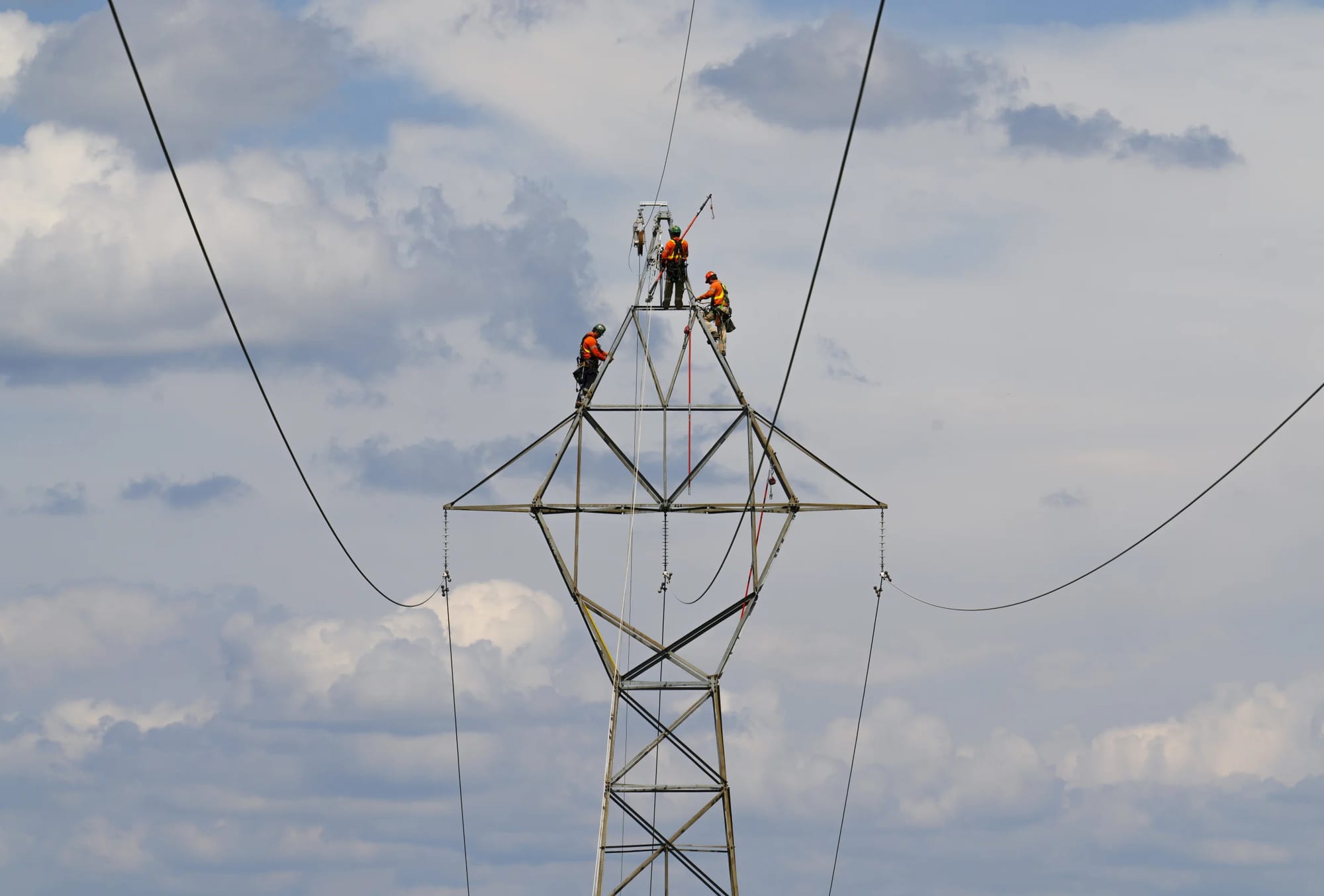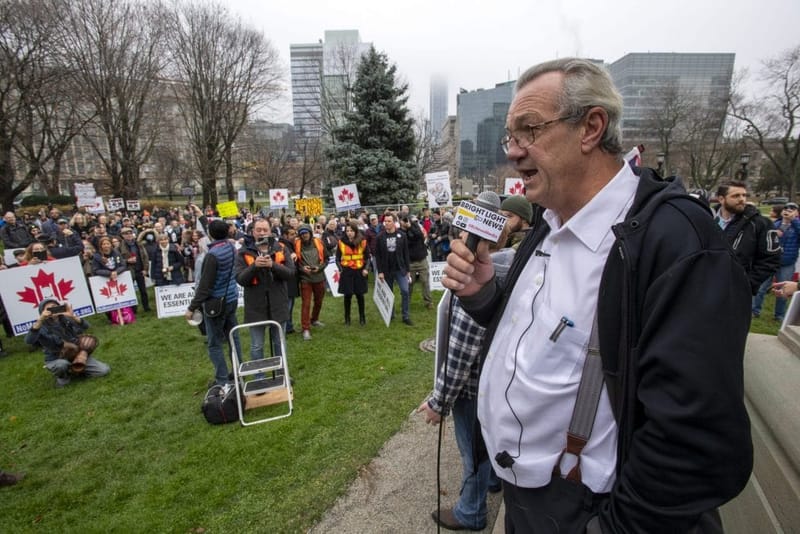Ontario encourages the use of solar energy but forbids its installation on valuable farmland
“Our farmers need more energy now than ever,” Lecce said. “They need access to affordable energy, and we are committed to respecting prime agricultural land.”

Ontario is set to ban ground-mounted solar farms on prime agricultural land as part of its plan to expand energy production, Energy Minister Stephen Lecce announced on Wednesday.
The province aims to add approximately 5,000 megawatts to the grid and will pursue a mix of energy sources, including natural gas, hydroelectric, renewables, nuclear, and biomass.
To protect crucial agricultural areas, Lecce stated that solar panels will not be allowed on prime farmland.
“Our farmers need more energy now than ever,” Lecce said. “They need access to affordable energy, and we are committed to respecting prime agricultural land.”
Additionally, any energy projects proposed for prime agricultural land will now require an impact assessment.
The province is also granting municipalities the authority to decide on specific energy projects, moving away from top-down impositions.
The Ontario Federation of Agriculture welcomed the announcement.
Drew Spoelstra, the federation’s president, called the new energy procurement framework a significant advancement for Ontario.
“Reliable and affordable energy is vital for the growth of the Ontario economy, including food production, processing, and the agri-food sector,” Spoelstra said.
The relationship between farmers and Premier Doug Ford's government has been strained in recent years, particularly following the Greenbelt scandal.
The government’s plan to build 50,000 homes on protected Greenbelt land, which includes prime agricultural areas, faced backlash and investigations.
Amid public pressure, Ford eventually reversed these plans.
Lecce’s announcement comes as Ontario's electricity demand is projected to grow by about two percent annually, potentially more with increased electrification.
The Independent Electricity System Operator (IESO) has indicated that the province will need at least 60 percent more energy by 2050.
Ontario is also investing in electricity storage projects, aiming for around 2,500 megawatts.
The IESO expects that emerging battery technology will complement wind and solar power, allowing for energy storage and grid integration.
Green Party Leader Mike Schreiner criticized the ongoing reliance on natural gas.
“While it's positive to see a shift away from an anti-renewables stance, the Ford government needs to do more to address the damage caused by its fossil gas focus,” Schreiner said.
“Renewables are cheaper, cleaner, and economically advantageous compared to fossil gas.”
The province is also moving forward with nuclear energy projects, including refurbishing units at the Pickering nuclear plant, constructing small modular reactors at Darlington, and exploring a new large-scale plant at Bruce Power.
In 2021, Ontario’s electricity system was 94 percent emissions-free, but this has now decreased to 87 percent due to increased use of natural gas.





